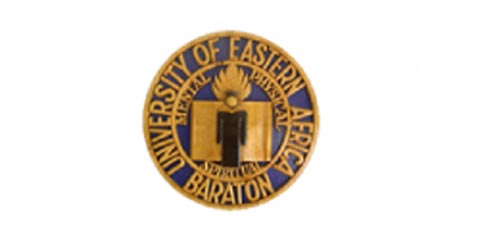Senecio Iyratipartitus extract for use after anal ablution
2011 - 2012 • University of Eastern Africa, Baraton
Purpose
To produce a gel-based disinfectant from plant extracts of Senecio lyratipartitus which can be applied to hands. This hand disinfectant can reduce contamination associated with the practice of anal washing among certain communities.
Activities
In the early stages of this project, it was established that water kept in pans, pots and buckets for anal ablution after defecation was replete with diarrhea causing pathogens. Hands used for anal ablution were definitely contaminated with pathogens through the contaminated water. Individuals taking no measures to disinfect their hands were carrying and spreading the pathogens to members of their households and others through hand shaking and in their various duties such as cooks in hotels and as vendors of food items. The plant S. lyratus (lyratipartitus)could be used to disinfect hands and thus stop or reduce incidences of diarrhea which causes about 2 million deaths worldwide among children below the age of five.
More plant materials are required to test this hypothesis on a wider scale and also mount campaigns to educate people of the findings.
Countries of activity
Location of main activity
Objectives
- To develop an affordable hand sanitizer from the senecio lyratipartitus which can be applied on hands after anal ablution and thus prevent or reduce cases of diarrhea not only within a given household but also in a wider population.
- To sensitize populations practicing anal ablution of the inevitable dangers of spreading diarrhea through undisinfected hands to individuals and a given population.
Filter tags
Behaviour change Bill & Melinda Gates Foundation Global Health and hygiene Sub-Saharan Africa University, education or research institution
Links

Uploaded by:
Trevor Surridge (tmsinnovation)














